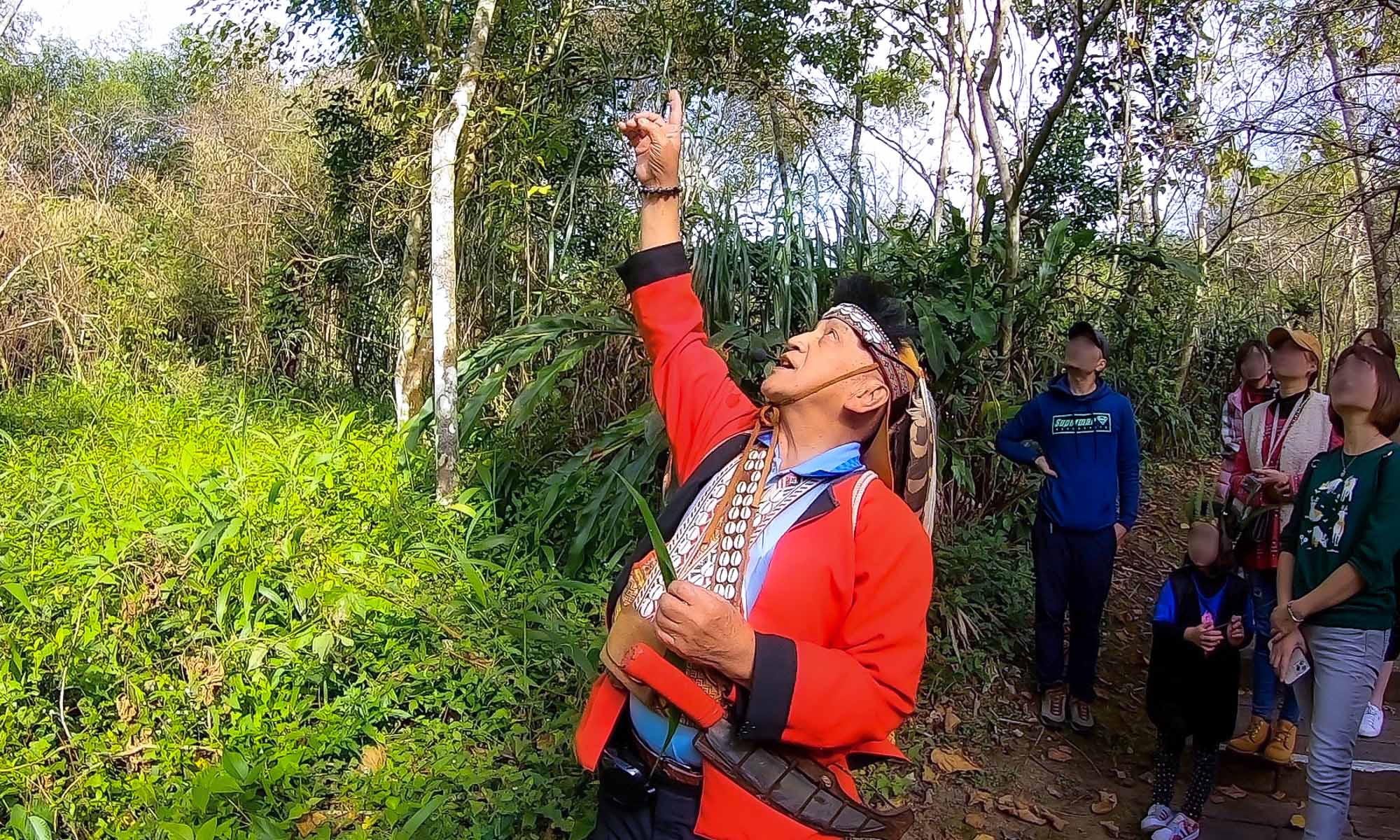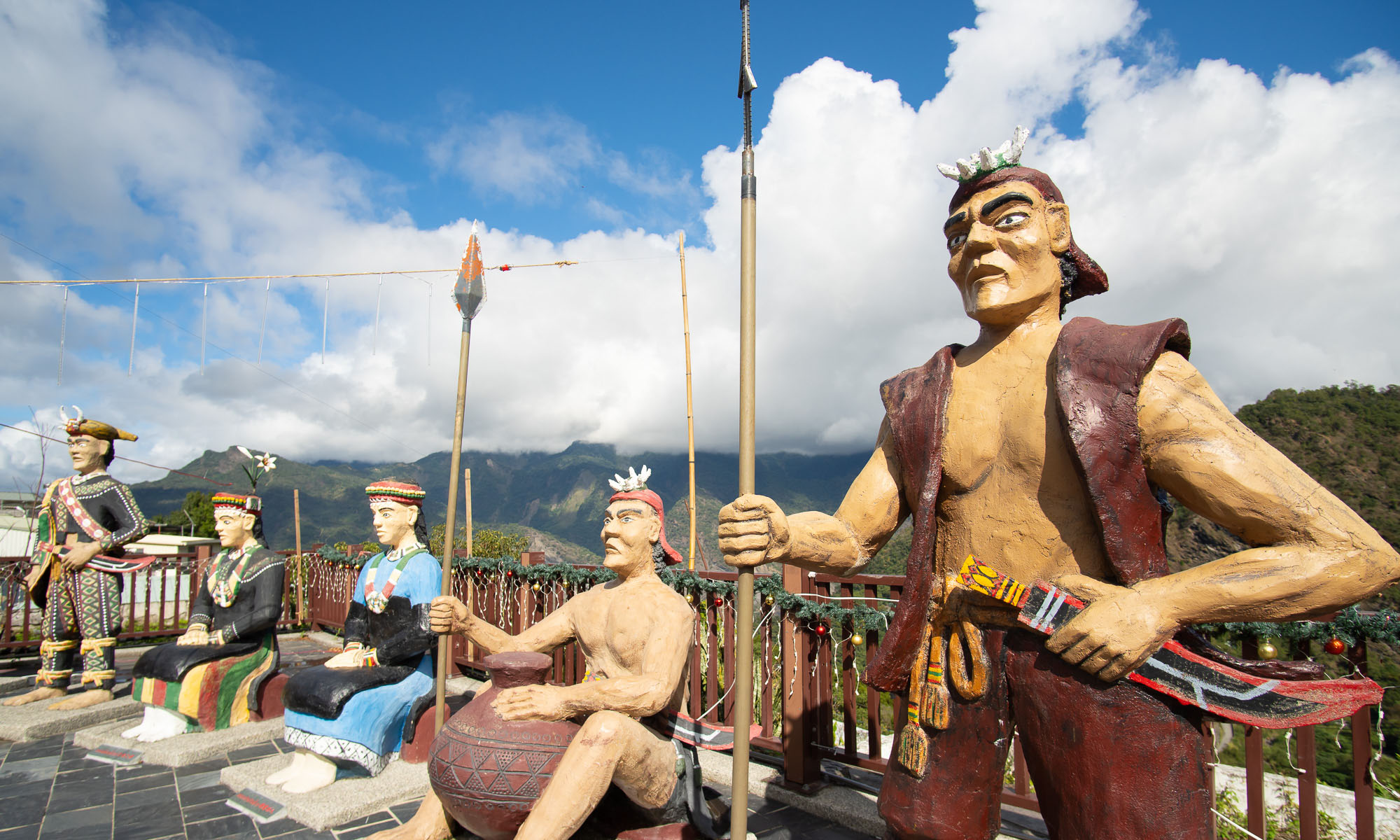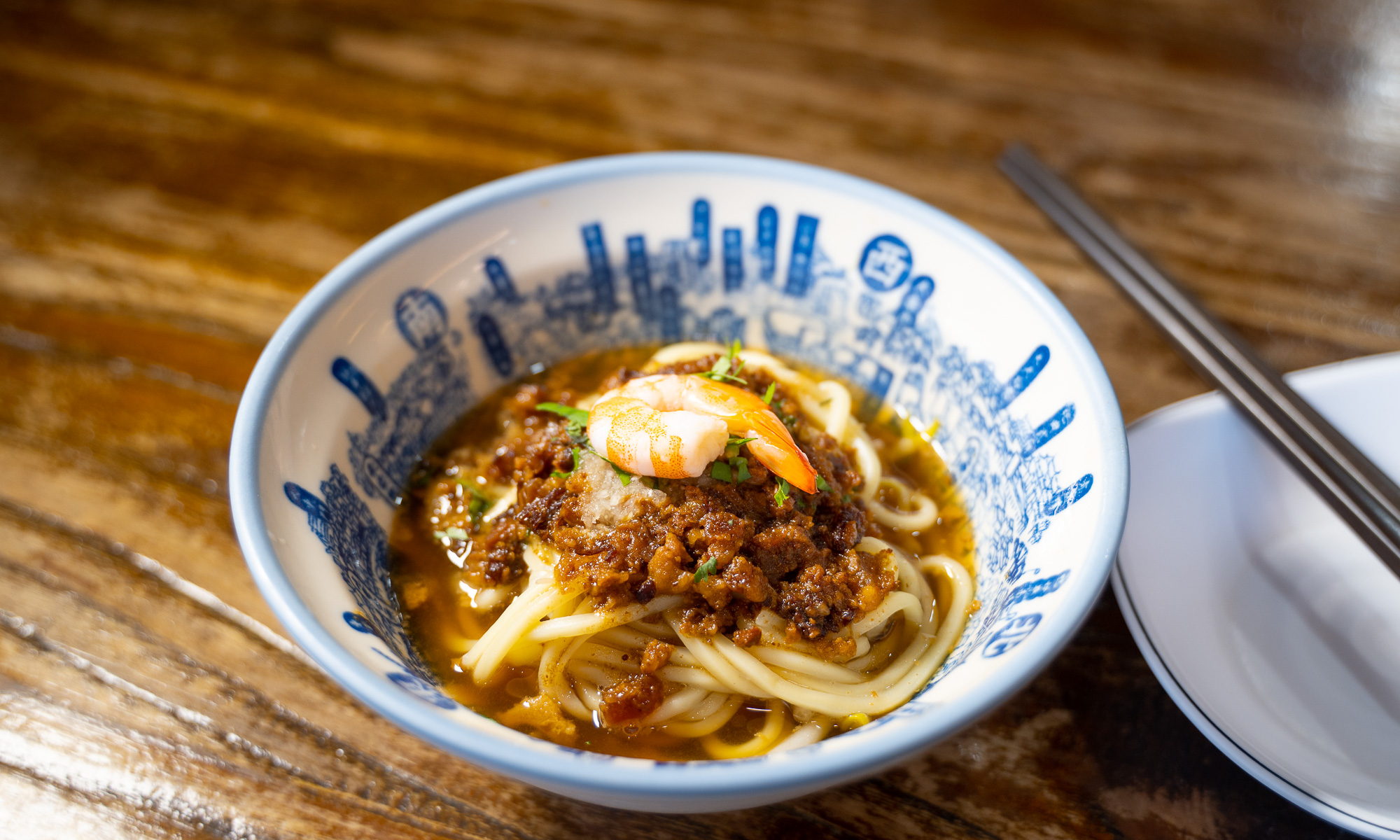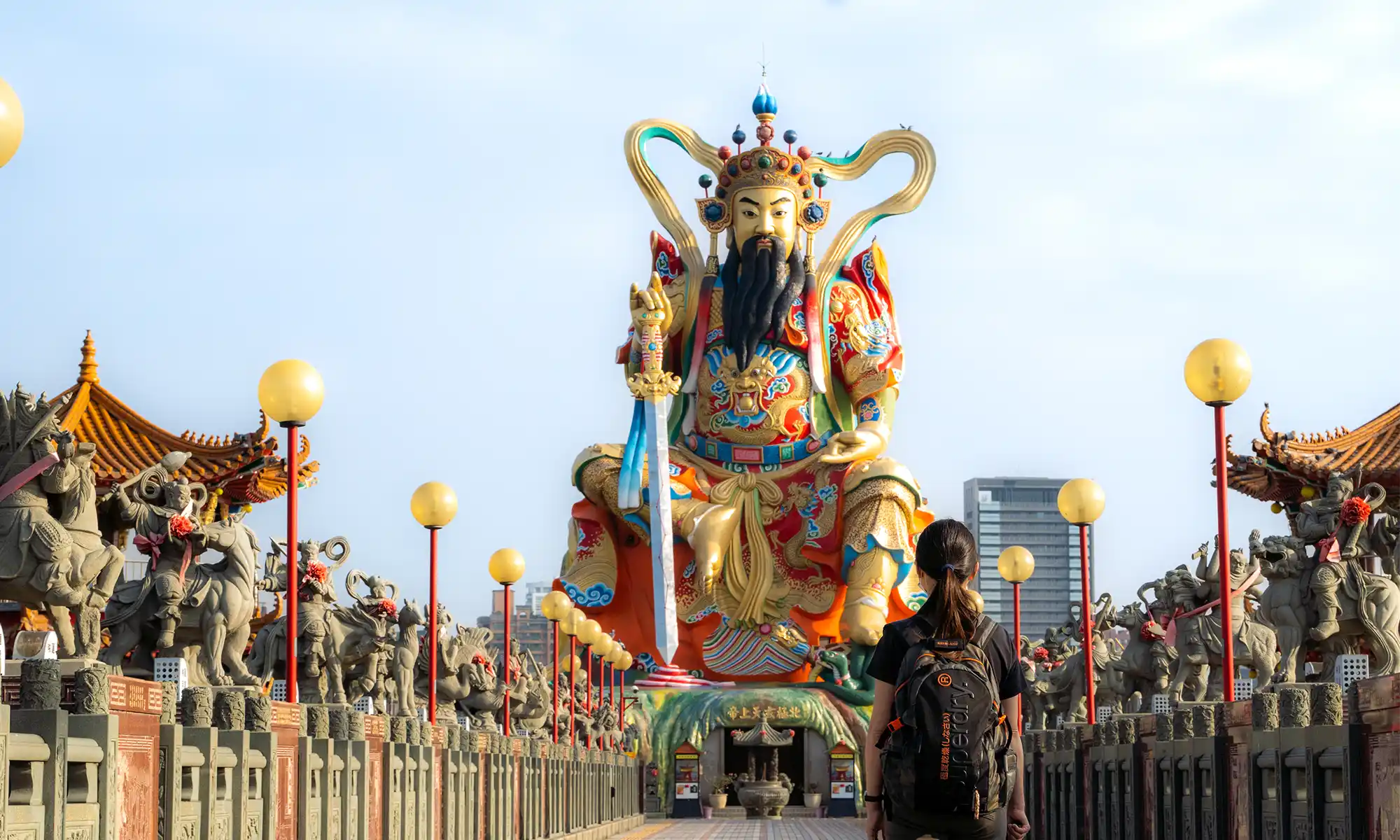THE TSOU TRIBE OF ALISHAN
The Tsou tribe—”Tsou” means people in the Tsou language–in Alishan passes down the wisdom and legends of their ancestors through word of mouth and ballads. According to Tsou legend, they were created by God to subsist by hunting, fishing and farming foxtail millet. Their ancestors interpreted natural disasters and flooding as lessons to live in peace with nature and that is the spirit embraced by the Tsou people today.
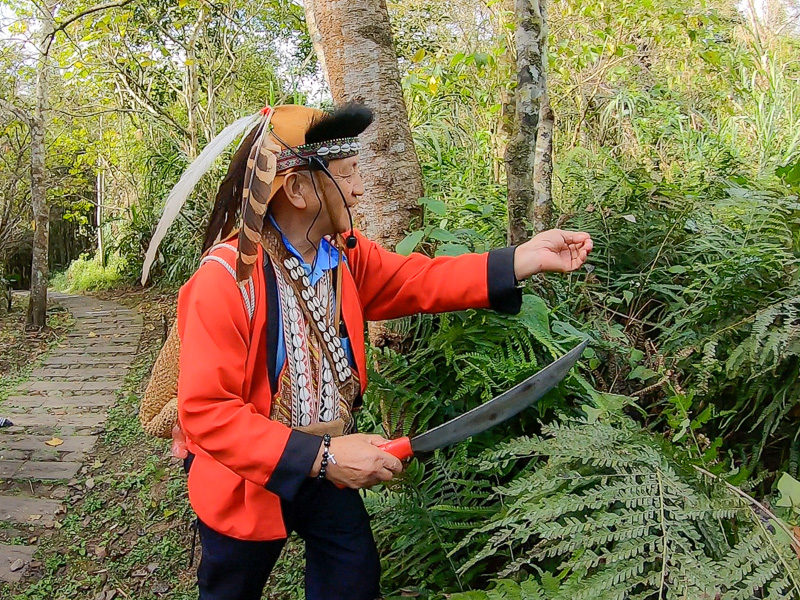
By custom, the Tsou people only hunt for food when they are hungry. Before the introduction of refrigeration, the period in between planting seasons—fall and winter—was hunting season. According to the Tsou, their ancestors prohibited the hunting of young animals to maintain the balance of the natural environment, and all food harvested is distributed among the entire tribe to share.
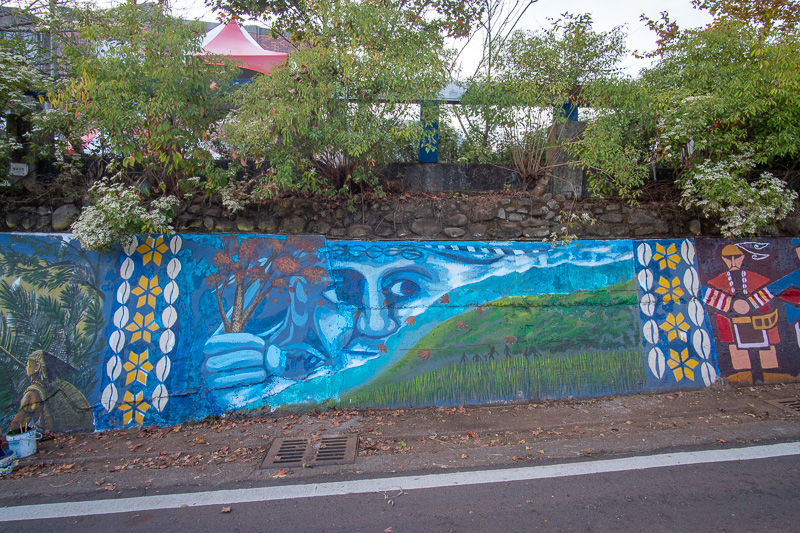
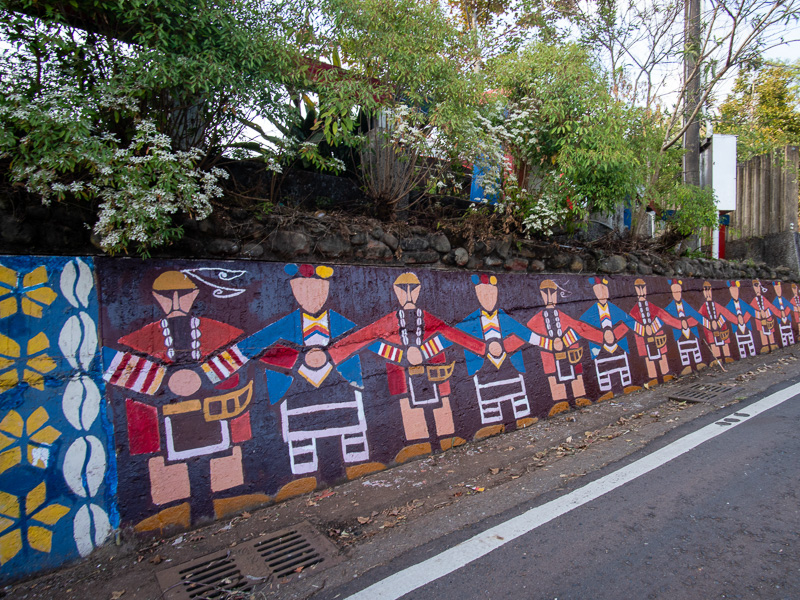
There are eight prominent villages in the Tsou tribe. “Dabang” and “Tefuye”, the two oldest Tsou villages, feature a unique piece of Tsou architecture called a “Kuba“. These elevated structures were the center of political, educational and cultural exchange. Another Tsou village located at a lower altitude, Leye in Mandarin or “La-la-u-ya” in Tsou, is a popular destination for coffee and tea tourism. B&Bs, operated by Tsou residents, offer tourists the opportunity to learn about the tribe’s customs and traditions. These experiences, guided by senior Tsou members, take visitors along mountain paths near the village and impart the rich knowledge of Tsou culture, including medicinal plants, edible plants, and local herbs that have been used for generations.
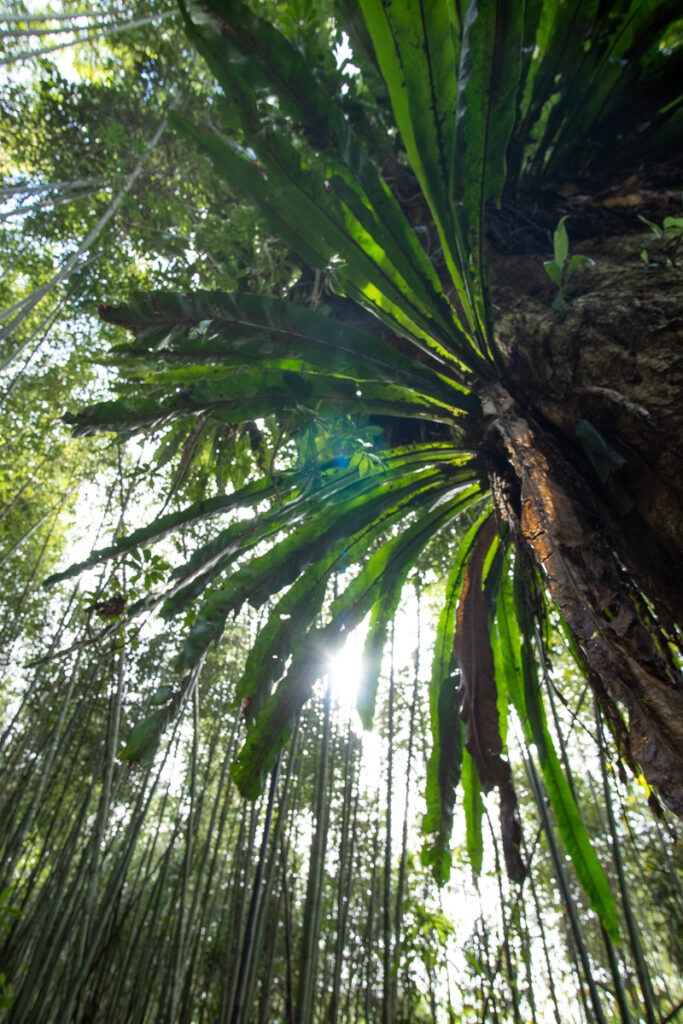
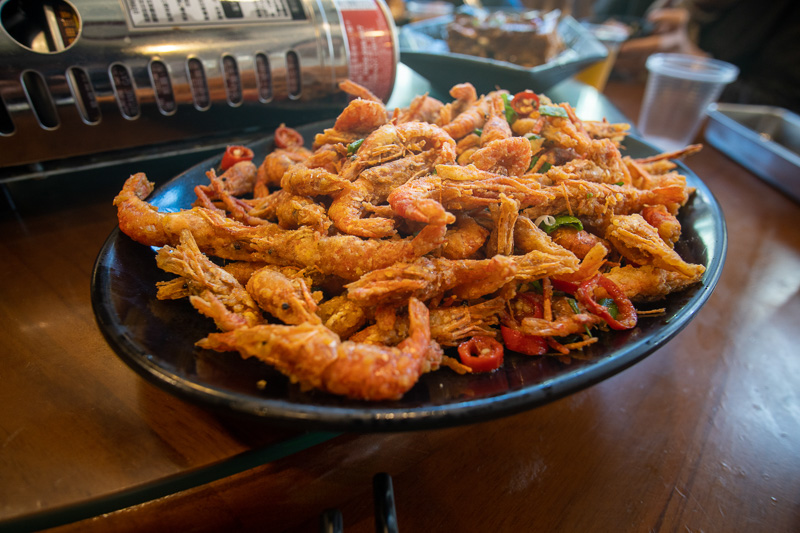
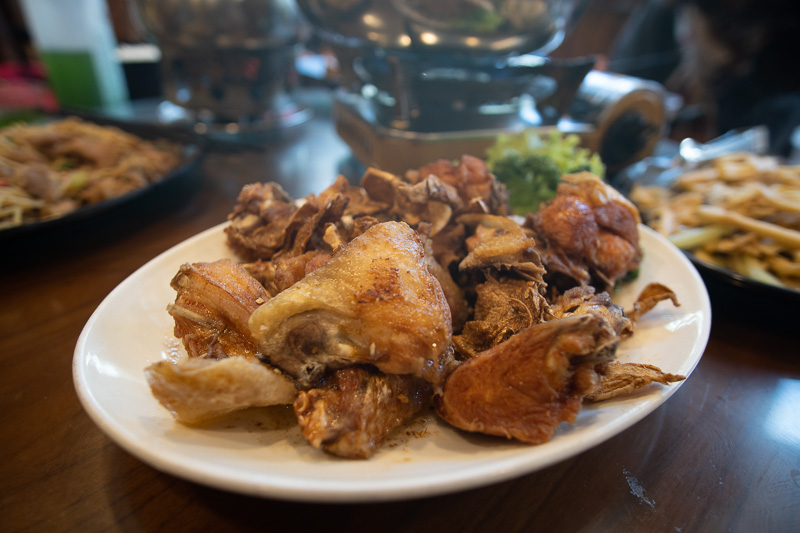
Cooked game meat is a staple in Tsou cuisine. (right)
A trip to the land of the Tsou wouldn’t be complete without sharing in traditional Tsou cuisine, including fried river shrimps, grilled boar, stir-fried wild vegetables and bamboo cooked rice. In addition to traditional fare, the Tsou have started infusing their own local tea products into more creative dishes like “pork knuckle braised in black tea” and “chicken braised in tea seed oil”.
For more information on Taiwanese indigenous ways of live and foraged cuisine, read about the spices “maqaw and tana“, which have recently received international attention from the Michelin Guide.

